Bacterial Infections Of The Central Nervous System
Bacterial infections of the central nervous system. Table 1 summarizes some important infections of the nervous system. Central nervous system CNS infectionsie infections involving the brain cerebrum and cerebellum spinal cord optic nerves and their covering membranesare medical emergencies that are associated with substantial morbidity mortality or long-term sequelae that may have catastrophic implications for the quality of life of affected individuals. Bacterial CNS infections can be community-acquired healthcare-associated associated with trauma or a continuation of systemic disease.
The lastdecade however has been a period of tremendous advances in knowledge of. Here the relevant diagnostic and therapeutic aspects of three common bacterial infections of the central nervous system neuroborreliosis bacterial meningitis and brain abscess are discussed. Bacterial Infections of the Nervous System.
Bacterial infections of the central nervous system require emergent diagnosis and management. The central nervous system may be infected by a wide variety of bacteria often as part of what is at first a bacteraemia but may later become a septicaemia and sometimes as a result of extension from adjacent tissues. Bacterial infections of the central nervous system CNS continue to be an important cause of morbidity and mortality in children.
Infections of the CNS The central nervous system CNS may be infected by viruses bacteria fungi protozoa and helminths The clinical presentation of a CNS infection may be acute subacute or chronic depending on the virulence of the infecting agent and the location of the infection. Harriman DGF 1984 Bacterial infections of the central nervous system. This chapter considers the pathophysiology of CNS bacterial infections and some of the host responses to these infections.
Current concepts of bacterial infections of the central nervous system. Furthermore the immune status affects whether certain bacteria are likely to. Prompt recognition and treatment are essential not only to prevent mortality but also to decrease neurologic sequelae.
Bacterial CNS infections can be community-acquired healthcare-associated associated with trauma or a continuation Bacterial Meningitis of systemic disease. Bacterial fungal and parasitic pathogens are derived from living organisms and affect the brain spinal. Bacterial meningitis and other central nervous system bacterial infections can be defined as definite probable and possible with a combination of a defining compatible clinical syndrome and an anatomic definition by surgery or imaging coupled with isolation of the organism bacterial antigen or.
This article focuses on the two most common central nervous system bacterial infections bacterial meningitis and spinal epidural abscess. Despite the formidable defenses protecting the nervous system a number of bacterial pathogens are known to cause serious infections of the CNS or PNS.
Infections due to these pathogens are associated with a variety of neuroimaging patterns that can be appreciated at magnetic resonance imaging in most cases.
Bacterial Infections microbiology. Harriman DGF 1984 Bacterial infections of the central nervous system. Here the relevant diagnostic and therapeutic aspects of three common bacterial infections of the central nervous system neuroborreliosis bacterial meningitis and brain abscess are discussed. Inflammation in the CNS may be the result of an infectious process immune-mediated inflammation in the absence of infection neoplasia trauma or infarction. A broad range of bacteria affect the central nervous system CNS. Ampel NM Labadie EL. This article focuses on the two most common central nervous system bacterial infections bacterial meningitis and spinal epidural abscess. Bacterial Infections of the Nervous System. Or more generalized or diffuse infections like pyogenic meningitis or ventriculitis.
This article focuses on the two most common central nervous system bacterial infections bacterial meningitis and spinal epidural abscess. A broad range of bacteria affect the central nervous system CNS. Inflammation in the CNS may be the result of an infectious process immune-mediated inflammation in the absence of infection neoplasia trauma or infarction. Bacterial Infections microbiology. The spectrum of bacterial infection of CNS includes. Infections due to these pathogens are associated with a variety of neuroimaging patterns that can be appreciated at magnetic resonance imaging in most cases. In some of these cases the newer cephalosporin antibiotics may be a useful advance.
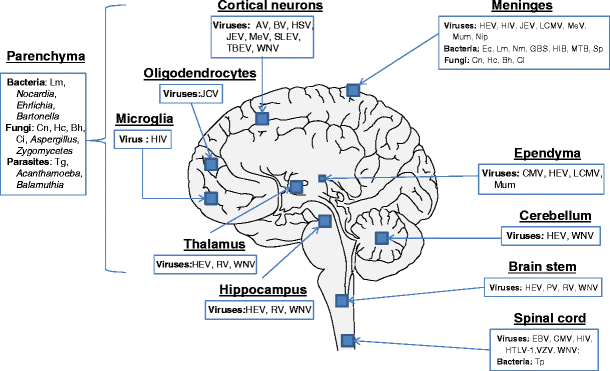




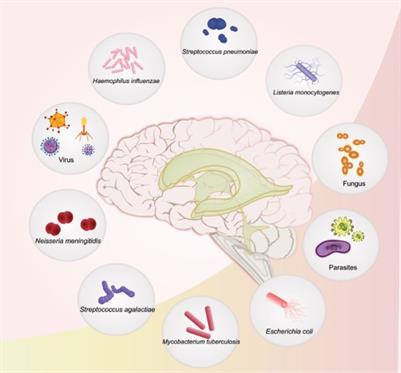
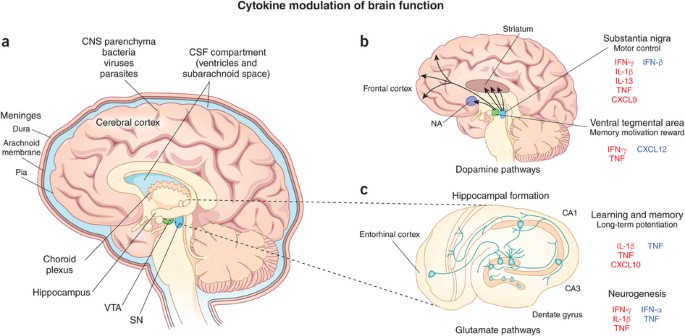


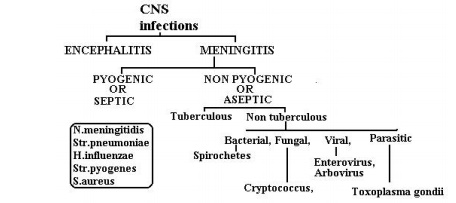

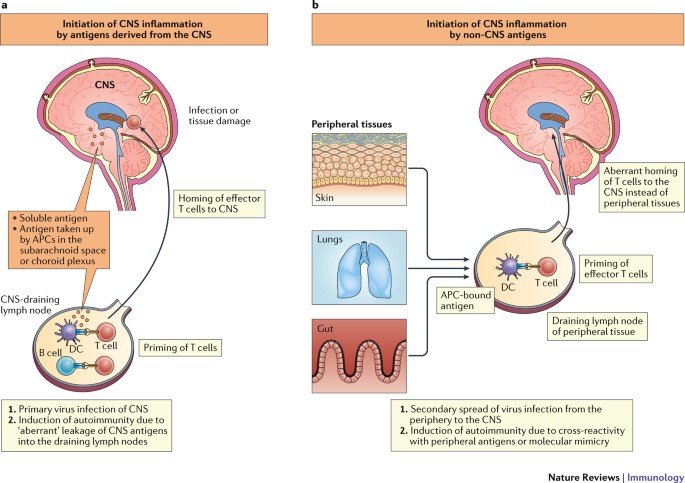
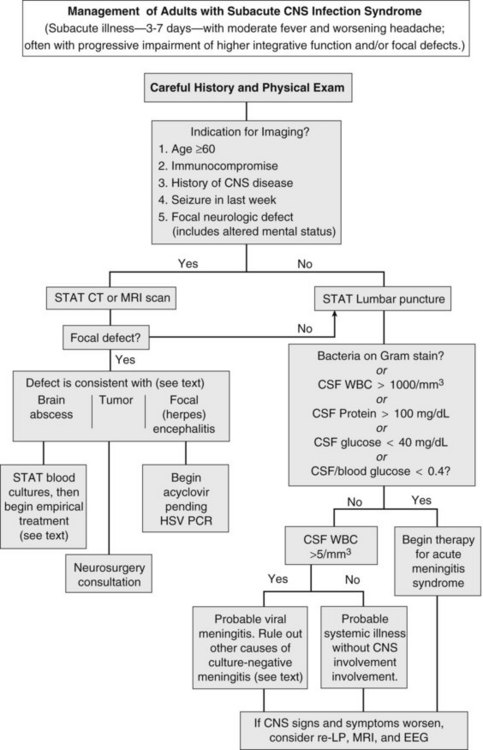
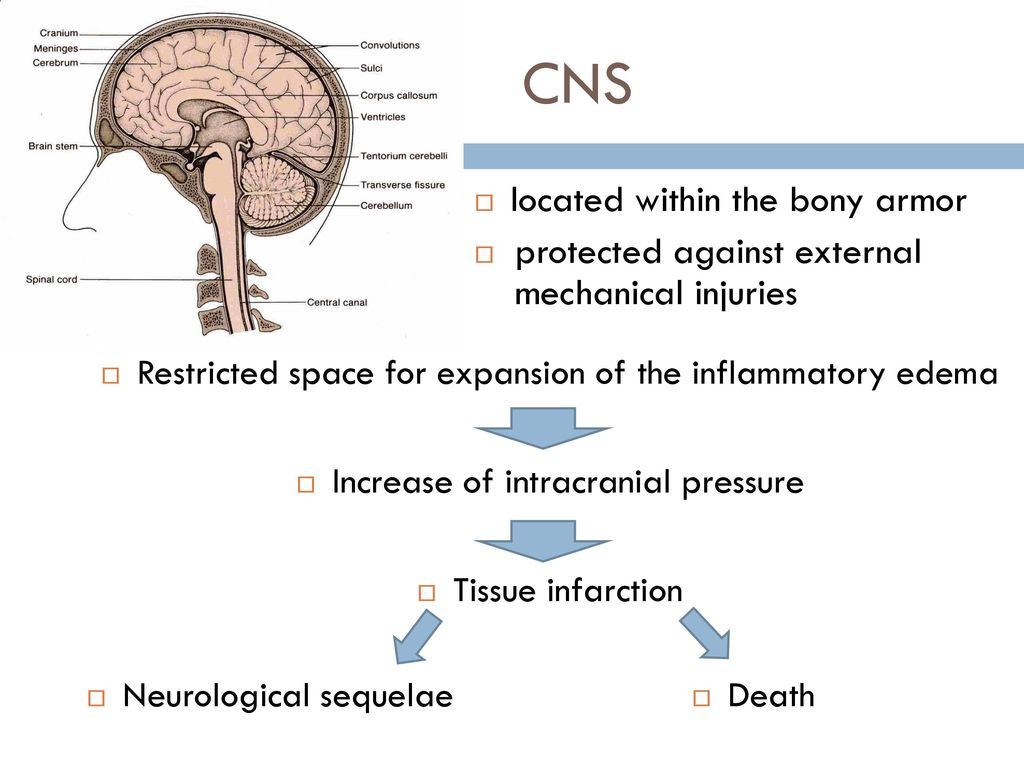

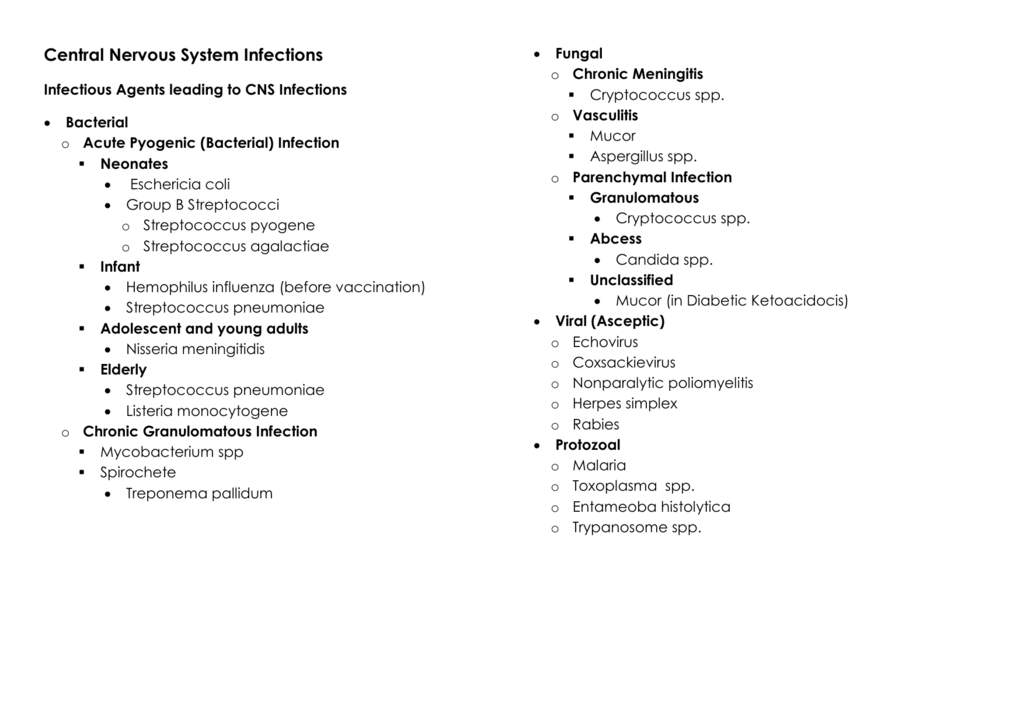

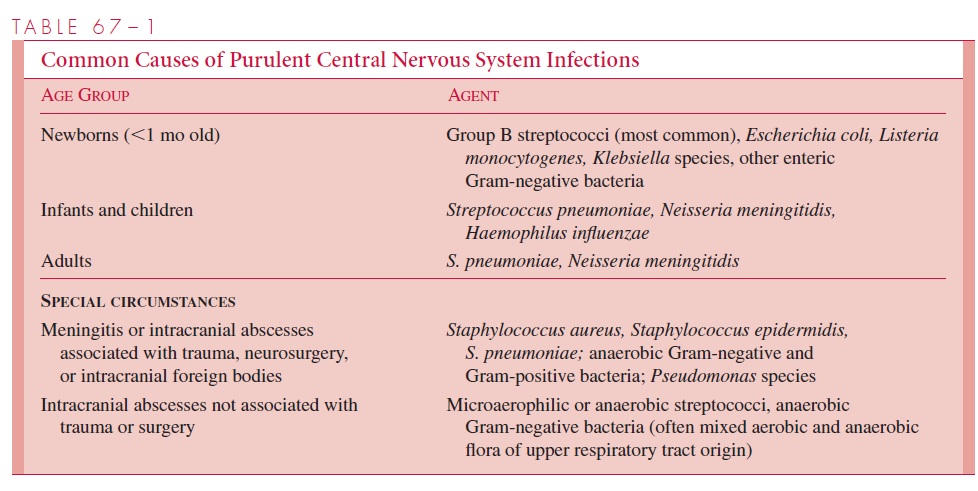


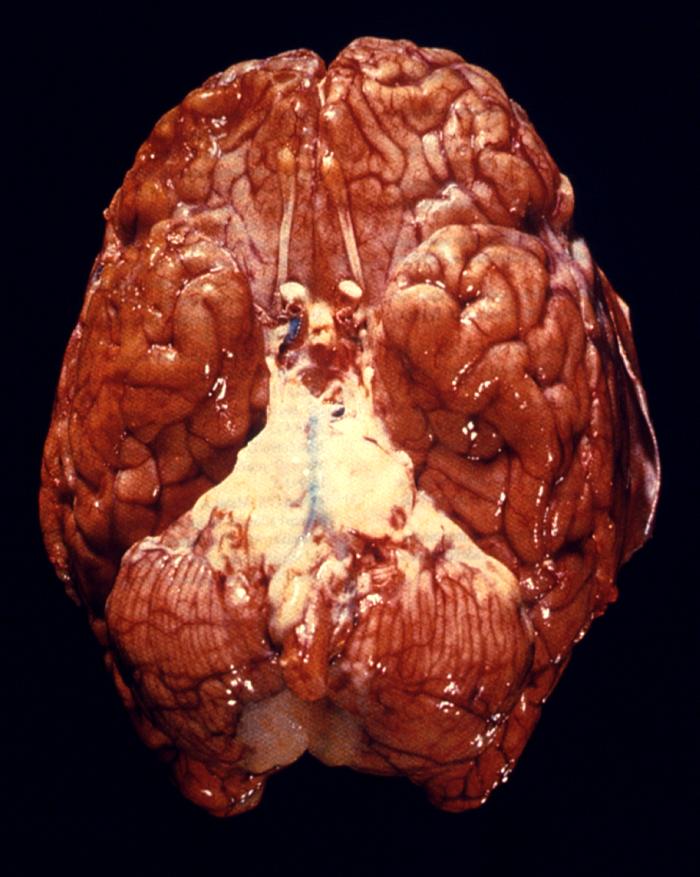


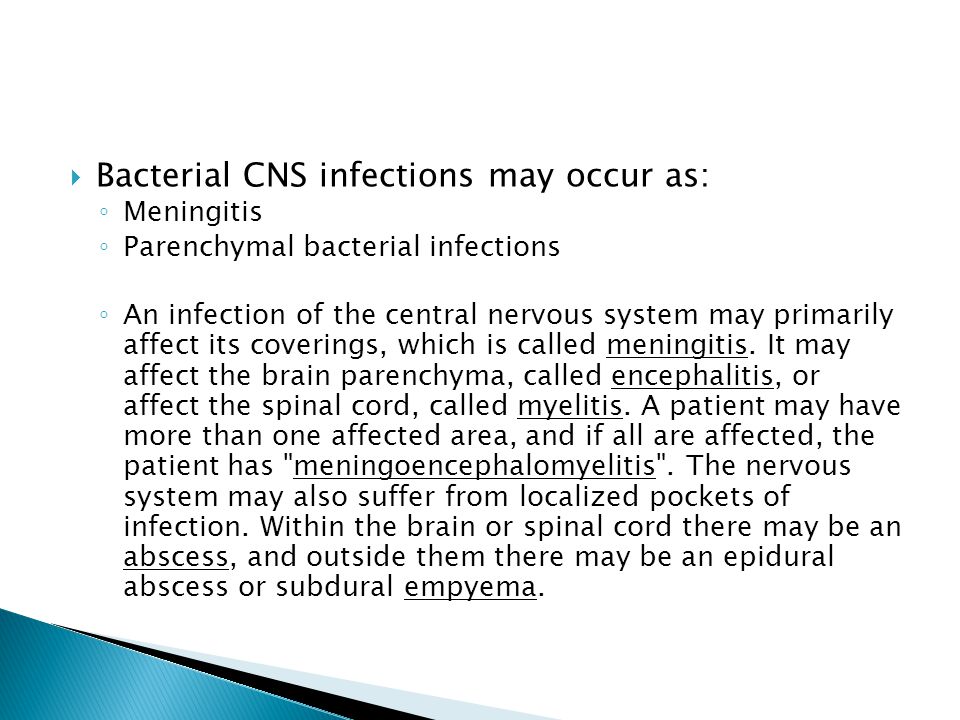





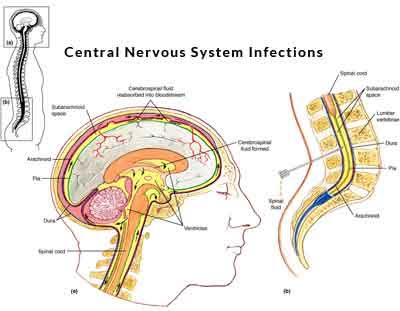

(204).jpg)

/what-is-a-bacterial-infection-7705652_final-2f1b8b2429b2495c8333b584512d3afa.jpg)








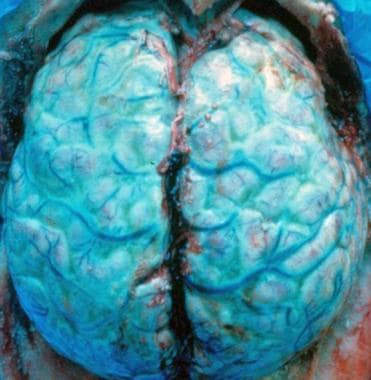

Post a Comment for "Bacterial Infections Of The Central Nervous System"